- Introduction to Irrigation and Hydrology (12 Hours, 14 Marks)
1.1 Irrigation and its classification on the basis of purpose and surface.
1.2 Hydrology : Definition and hydrological cycle.
1.3 Rain gauge : Symons rain gauge, automatic rain gauge.
1.4 Methods of calculating average rainfall : Arithmetic mean, Isohyetal, and Theissen polygon method.
1.5 Run-off, Factors affecting run-off, Computation of run-off.
1.6 Maximum flood discharge measurement : Rational method and empirical methods. Simple numerical problems.
1.7 Yields and dependable yields of a catchment, determination of dependable yields.
- Crop Water Requirement and Reservoir Planning (12 Hours, 16 Marks)
2.1 Crop water requirement : Cropping seasons, Crop period, base period, Duty, Delta, CCA, GCA, Intensity of irrigation, Factors affecting duty, Problems on water requirement and capacity of canal.
2.2 Methods of application of irrigation water and its assessment.
2.3 Surveys for irrigation project, data collection for irrigation project.
2.4 Area capacity curve.
2.5 Silting of reservoir : Rate of siliting, factors affecting siliting and control measures.
2.6 Control levels in reservoir.
2.7 Simple numerical problems on fixing control levels.
- Dams and Spillways (14 Hours, 12 Marks)
3.1 Dam and its classification : Earthen dams and gravity dams (masonry and concrete).
3.2 Earthen dams – Components with function, typical cross-section, seepage through embankment and foundation and its control.
3.3 Methods of construction of earthen dam, types of failure of earth dam, types of failure of earthen dam and preventive measures.
3.4 Gravity dams – Forces acting on dam, Theoretical and practical profile, typical cross-section, drainage gallery, joints in gravity dam, concept of high dam and low dam.
3.5 Spillways – Definition, function, location and components.
3.6 Emergency and service spillway – ogee spillway and bar type spillway, discharge over spillway. Energy dissipation, Spillway with and without gates.
3.7 Gates – Radial and Vertical.
- Minor and Micro irrigation (08 Hours, 10 Marks)
4.1 Bandhara irrigation – Layout components, construction and working solid and open bandhara.
4.2 Percolation tanks – Need, Selection of site.
4.3 Lift irrigation scheme – Components and their functions, layout.
4.4 Drip and sprinkler irrigation – Need, components, Layout, operation and maintenance.
4.5 Farm ponds, Jalayukt shivar schemes.
4.6 Well irrigation : types of wells, yield of well, advantages and disadvantages of well irrigation.
- Diversion Head Works (08 Hours, 08 Marks)
5.1 Weirs – Components parts, Types, K.T. weir – Components and construction.
5.2 Diversion head works – Layout, Components and their function.
5.3 Barrages – Components and their functions. Difference between weir and barrage.
- Canals (10 Hours, 10 Marks)
6.1 Canals – Classification according to alignment and position in the canal network, Cross-section of canal in embankment and cutting, partial embankment and cutting, balancing depth. Design of most economical canal section.
6.2 Canal lining – Purpose, material used and its properties, advantages.
6.3 CD works – Aqueduct, siphon aqueduct, super passage, level crossing.
6.4 Canal regulators – Head regulator, Cross regulator, Escape, Falls and outlets.
6.5 Canal maintenance.


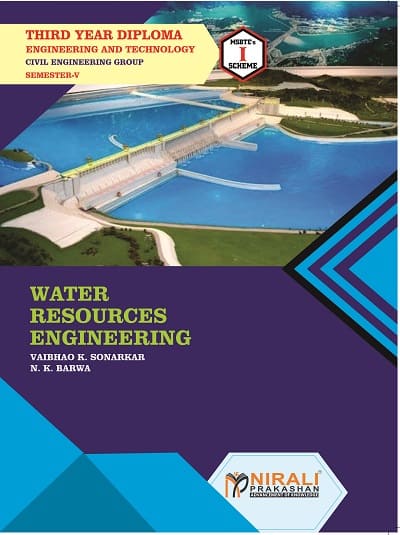
 Zoom
Zoom

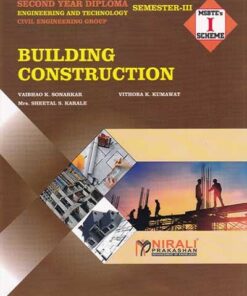
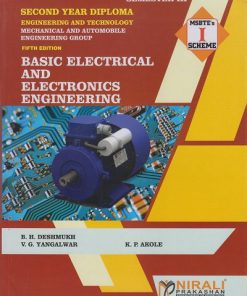
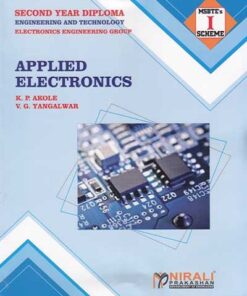
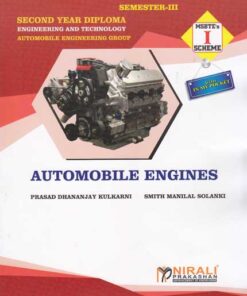
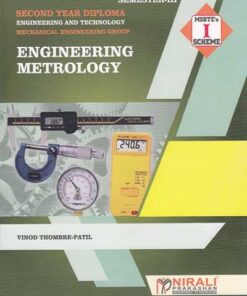
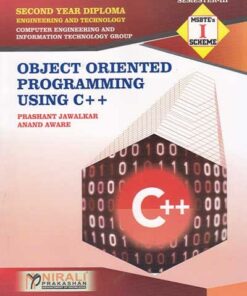
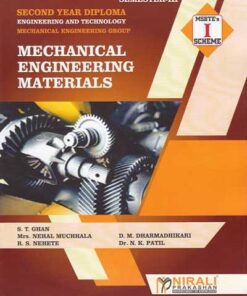
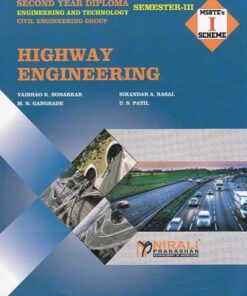


Reviews
There are no reviews yet.